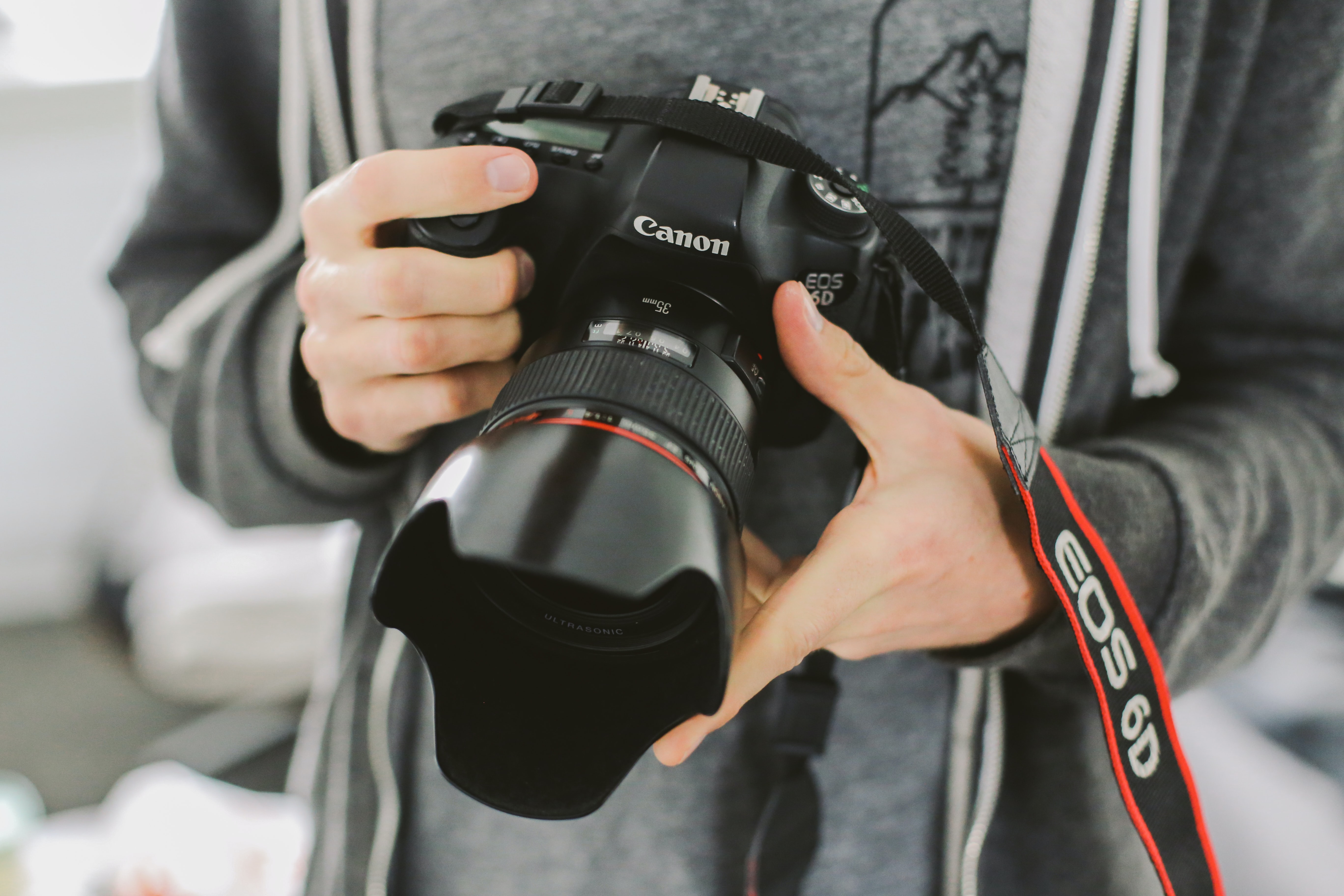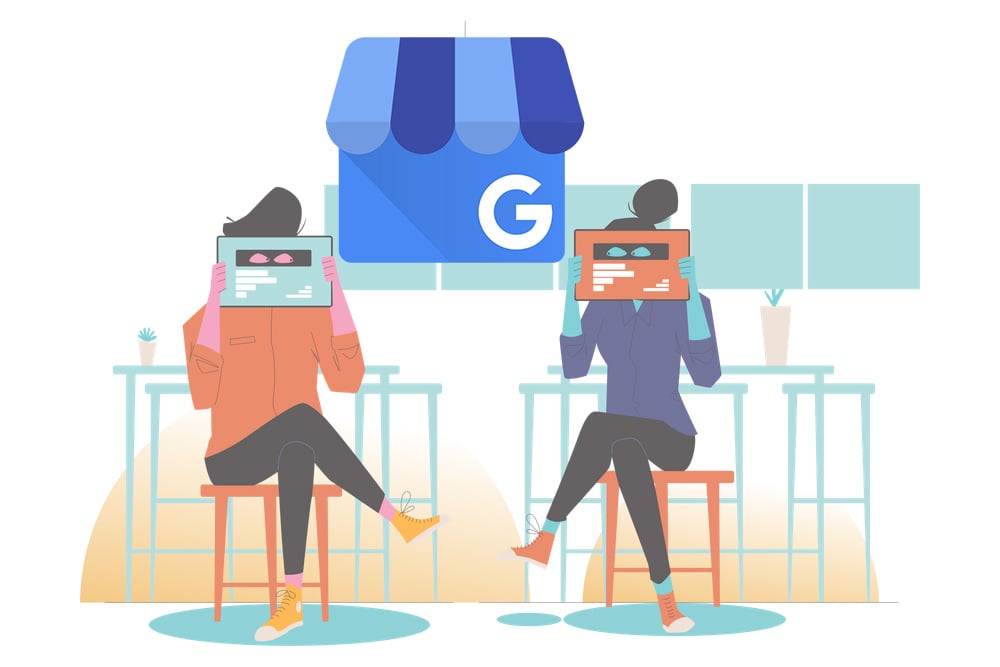EIDL vs. PPP Loans: Which Should You Apply To?
Wondering whether a PPP or EIDL loan is right for your business? Here’s a detailed breakdown to help you decide.
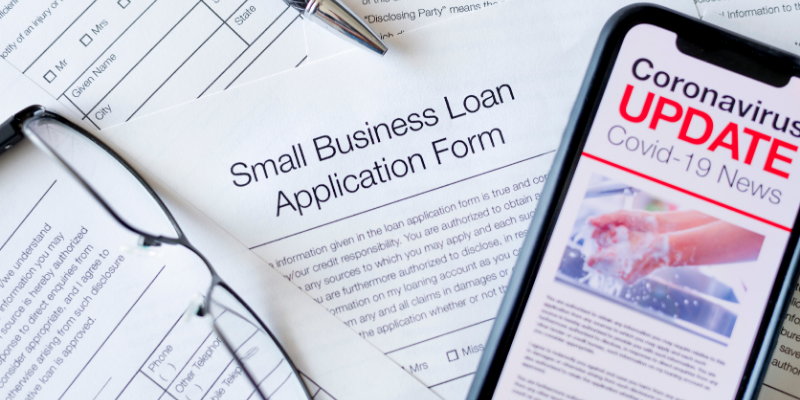
With the application for PPP (Paycheck Protection Program) loans reopened to lenders by the SBA on Monday, January 19, and EIDL (Economic Injury Disaster Loans) also available for small business COVID-19 financial relief, you may be wondering which is right for you.
Do you qualify? Can you apply to both? Are they forgivable? Can they be used to cover various business expenses?
Below, we answer all of these questions and go through the differences and details of each loan to help you decide.
What’s the Difference Between a PPP Loan and an EIDL?
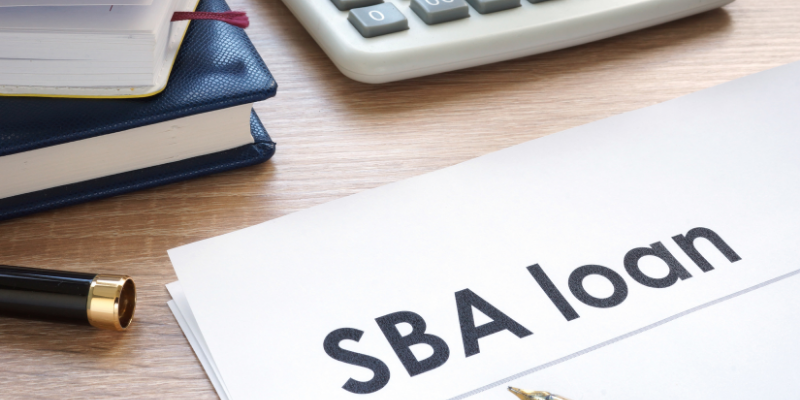
The main differences between PPP and EIDL are the amount of money you can borrow, their use limitations, and loan forgiveness options.
A PPP loan allows you to borrow up to $10 million. To qualify for loan forgiveness, 60% of the loan amount must be used to keep employees on your payroll.
EIDL on the other hand has been an existing SBA loan program before the pandemic and it is used to provide financial relief for six months to small businesses after a declared disaster. Since all 50 states, the District of Columbia, and 5 territories were approved for disaster declarations in 2020, EIDL were made available to small businesses across the country.
With an EIDL, you can borrow up to $2 million to cover operational expenses that could have been covered should the disaster not have occurred. Unlike PPP, EIDL must be paid in full.
Paycheck Protection Program Loans 101
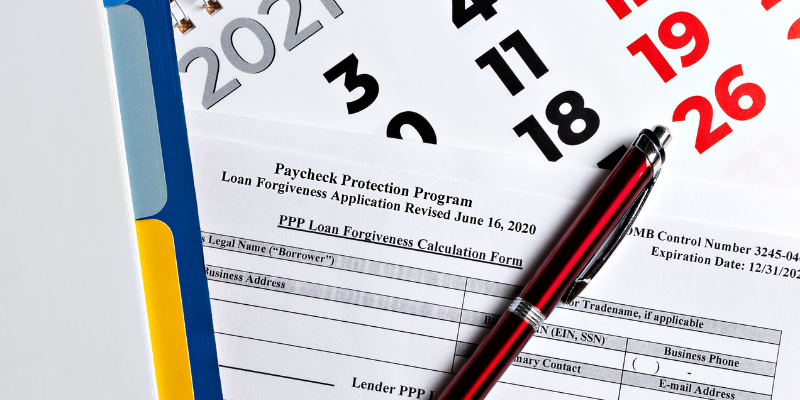
Think a PPP loan is the best option for you? Here’s all you need to know:
How Does a PPP Loan Work?
The PPP was created specifically to combat small business financial burden caused by the pandemic through the CARES Act—specifically payroll. However, applications closed on August 8, 2020, leaving many businesses in much need of financial help for the remainder of the year.
Fortunately, lenders were able to start accepting applications once again on January 19, 2021, with the new stimulus that passed on the same month. This time around, businesses that received a PPP loan on the first draw, will also be eligible to apply for a second PPP loan.
The terms for both first and second draws include:
- A 1% interest rate.
- A loan term length of two years if issued prior to June 5, 2020.
- A loan term length of five years if issued after June 5, 2020.
- Deferred loan payments to borrowers who apply for loan forgiveness until the lender receives the forgiven amount from the SBA.
- No collateral or personal guarantees are required.
- No fees from the government or lenders.
Once your loan has been disbursed, and you have not or will not apply for loan forgiveness, you may defer loan payments for up to 10 months after the end of the covered forgiveness period for your loan—for loans disbursed after June 5, 2020 this period is 24 weeks.
Loan Qualifications
Below are the qualifications for both the first and second draw. Keep in mind that if this is your second time taking out a PPP loan, the qualifications are a bit more strict.
To qualify for a first draw you must:
- Have a business with fewer than 500 employees
- Have been in operation since February 15, 2020.
- Be able to prove economic hardship due to COVID-19.
For the full list of qualifications, check the application here.
To qualify for a second draw you must:
- Have a business with fewer than 300 employees.
- Have been in operation since February 15, 2020.
- Have used all of your funds from the first draft by the time you expect to receive funds from the second draw.
- Prove a loss in revenue of at least 25% in any quarter during 2020 compared to the same quarter in 2019.
- Prove that you spent funds from the first draw on eligible expenses.
For the full list of qualifications, check the application here.
Loan Maximum and Length
For the first draw, you can borrow up to $10 million or two and a half times your monthly payroll—whichever is less. The same applies to the second draw however, the maximum loan amount is $2 million.
For loans taken out prior to June 5, 2020, the maturity is two years. And for loans taken out after June 5, 2020, it’s five years.
Application Process

The application process for a PPP loan differs from an EIDL since you don’t apply through the SBA but through an SBA-accredited lender—bank, credit union, farm credit institutions, etc. Be sure to check out the SBA’s Lender Match page to ensure you find the right one.
On your application, you must certify that 60% of the loan will be used to cover payroll costs to be eligible for loan forgiveness. The remaining 40% can be used to cover mortgage interest payments, rent payments, utilities, operations expenditures, property damage costs from civil unrest, supplier costs, and protective gear.
The deadline to apply for both first and second draws is March 31, 2021.
Is a PPP Loan Forgivable?
Yes. A PPP loan is forgivable if you used the funds as specified on the application for both first and second draws.
If you’re applying for loan forgiveness, you may qualify if during the eight to 24-week covered period after receiving your loan you:
- Maintained employee headcount and compensation.
- Funds were spent no less than 60% on payroll and 40% on eligible expenses.
Should I Apply for a PPP Loan?
You should apply for a PPP loan if your main concern is to maintain staff and cover payroll within a 24-week period. You must also be ready to ensure that no more than 40% of the funds received are used for non-payroll expenses if you wish to get your loan forgiven.
Economic Injury Disaster Loans 101
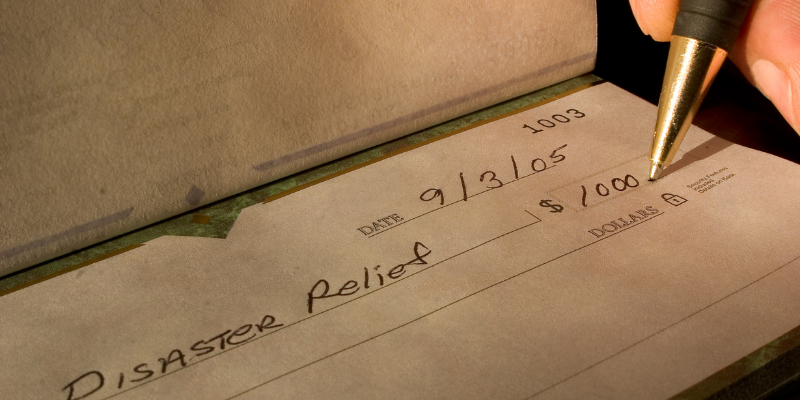
Considering applying for an EIDL? Here’s all you need to know:
How Does an EIDL Loan Work?
When you receive an EIDL, you can use the money to cover financial obligations and operational expenses such as rent, utilities, fixed debt payments, continuation of healthcare benefits, payroll, etc.
There are collateral requirements for loans over $25,000. The SBA takes real estate as collateral when it is available; however, they will not decline a loan for lack of collateral but you will be required to offer what you can.
The term of the loans include:
- A 3.75% fixed interest rate for businesses.
- A 2.75% fixed interest rate for nonprofits.
- A loan term length of up to 30 years.
- No prepayment penalty or fees.
- Up to one year of payment deferment.
Loan Qualifications
To qualify for an EIDL, you must:
- Have a business with no more than 500 employees.
- Not have engaged in any illegal activity (as defined by Federal guidelines).
- Not be more than sixty (60) days delinquent on child support obligations.
- Must not derive more than one-third of gross annual revenue from legal gambling activities.
- Must not be a state, local, or municipal government entity and cannot be a member of Congress.
For the full list of qualifications, check the application here.
Loan Maximum and Length
The maximum for an EIDL is $2 million. Based on the information you provided on your application, the SBA will evaluate the economic loss caused by the pandemic to determine the amount of your loan. The loan has a maturity of 30 years and you can defer your first payment for up to a year.
Application Process

To apply for an EIDL, you can do it directly through the SBA and it’s issued from the U.S. Treasury, which makes the process more streamlined compared to PPP—where you must go through an approved lender.
The application process is online and takes about two to three hours. To cut back time, be sure to have personal financial statements, a schedule of liabilities, up to three years of tax returns, and an IRS Form 4506-T. View a complete checklist from the SBA here.
Due to COVID-19, approval for an EIDL is taking about 21 days. According to the SBA, once approved, funds should become available within five business days but some small business owners have reported longer wait times.
The deadline to apply for an EIDL for COVID-19 has been extended to Dec. 31, 2021.
Is an EIDL Forgivable?
An EIDL is not forgivable and therefore, must be paid in full. In 2020, the EIDL Program for COVID-19 did include a cash advance of up to $10,000 or $1,000 per employee which did not have to be repaid but according to the SBA’s website, this grant is no longer available.
However, if you also apply for a PPP loan—which is forgivable when used correctly—you may be able to use it to cover part of your EIDL.
Should I Apply for an EIDL Loan?
If you’re comfortable with paying the loan in full and are unsure of whether you’ll be able to keep your staff, even with a loan, we recommend you apply for an EIDL. Although this loan is not forgivable, it can be used to cover a variety of operational expenses. Keep in mind that if you don’t use 60% of a PPP loan to cover payroll, you won’t be eligible for forgiveness regardless.
However, if you do plan on spending at least 60% of the funds on payroll, a PPP may work for you.
Can I Apply for Both Loans?
Yes, you can apply to both EIDL and PPP loans. Applying to both is a great option for businesses that need to cover both payroll and operational expenses that may exceed the 40% maximum on the PPP. Keep in mind that funds for both of these loans can only be used for the expenses listed on their respective applications.
There you have it, the lowdown on EIDL and PPP loans. For more tips on how to navigate the ongoing effects of COVID-19 while growing your business, be sure to download our guide below on how to digitally transform your business during a pandemic.
%20(1)%20(1).png?width=340&name=Group%2012%20(2)%20(1)%20(1).png)

